Minsk’s muddled media clampdown could jeopardize warming of relations with the West.
Andrei Yahorau: Our ambassadors won’t have influence on investment climate of Belarus
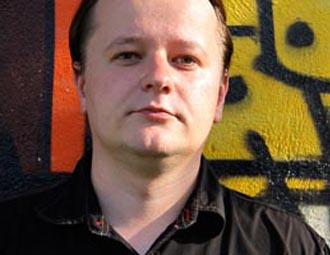
The desire of the Foreign Minister Vladimir Makei to make Belarusan diplomats work faster in order to provide export and mobilize investments is a crackdown for show. This opinion shared to the EuroBelarus Information Service Andrei Yahorau, thedirector of an independent think-tank Centre for European Transformation (CET).
It is well-known that Belarusan foreign office has sanctioned overseas establishments to provide export and mobilize investments endorsed with the economic sectors and regions. At the recent meeting the Foreign Minister Uladzimir Makei said to the President that “the work is very intense and the Ministry of Foreign Affairs will put every effort in order to accomplish it”.
During the meeting Aliaksandr Lukashenka said that he is more interested in the Western agenda. The President also recalled that no one deprived the leaders of the overseas establishments from their duties on mobilizing investments. This summer Lukashenka is going to meet the ambassadors so that to check how these prognostic indicators are being accomplished and to set future tasks.
The volume of mutual trade with the EU is increasing irrespective of the political constituent, as from the side of the EU the basis there is made up by the independent economic forces. The latter are interested in cooperation and, naturally, the trade will be carried on regardless of political circumstances, explained Andrei Yahorau.
Investing is another story; it’s more subtle matter than the mutual trade. Investments require insurance arrangements. Businessmen who invest in Belarus need the guarantee that their property will be safe. And it presupposes that the country should have a certain political climate.
"And the investment climate, vice versa, depends on the political constituent — on liberalization, rule of law in the country and mere presence of fair trial," says Andrei Yahorau. "It all obviously depends on the political situation, which means that we shouldn’t account on the increase of investment in such circumstances and in such investment climate, whatever Belarusan embassies are undertaking. For instance, the business privatized in the 90s is taken away from its owners and nationalized; how can we even talk about preservation of capital in the country after that? How can Belarusan diplomats convince western businessmen of the investments?"
The authorities have enough money for preserving the existing situation in the economy at the minimally acceptable level. But if the task of development and wage raise among the population is set, then Belarusan economy needs to involve additional means. That is why authorities are trying to find means in the West.
"Political and economic activity of our diplomatic missions aimed at promoting Belarus in other countries has always existed and always will. Today Makei is trying to make Belarusan diplomats do business faster with the help of the administrative methods. But however fast they are, they cannot influence certain constituents. And they cannot influence the trade either: it is growing not because of their effort, but because businessmen feel their genuine interest in it.
That is why the policy pursued by Makei is more of a crackdown for show and demonstration of the ability to decide economic problems outside political interests without any hindrances. Let us activate the work of the diplomats and we will make it. Not likely!" says the leader of CET ironically.
Others
-
In Belarus, a rising fear: Will we be the next Ukraine?
The relationship between Russia and Belarus has never been an easy one. The two former Soviet republics have spent the last two decades on a roller coaster ride — sometimes allies, sometimes adversaries in heated public rows.
-
The EU’s Benign Neglect of Eastern Europe
Between November 6 and December 11, 2015, Carnegie Europe continued its Capitals Series. In this second phase, the focus was on the EU’s Eastern neighbors, which the bloc has so often zigzagged over in trying to establish a coherent policy toward them collectively or bilaterally.
-
New ENP and Civil Society’s Role in Focus of the 7th EaP CSF Annual Assembly (Photo)
The 7th Annual Assembly of the Eastern Partnership Civil Society Forum was held in Kyiv on 19-21 November attracting around 300 participants, observers and guests who attended more than 20 sessions and a Networking Fair in the framework of the Assembly.
-
Is social economy a phenomenon for Belarus?
The conference “Social economy: how to be successful despite the crisis” launched in Minsk on October 22.

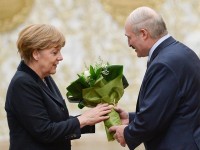
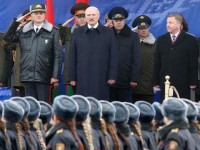
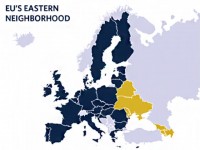
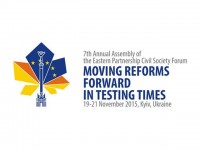
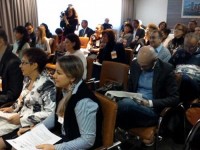


Comments
From farewell to a new Eastern policy and towards a new development
Poland and Germany were both initiators and drivers of a New Eastern policy linked to the Eastern neighborhood and Russia/Soviet Union.